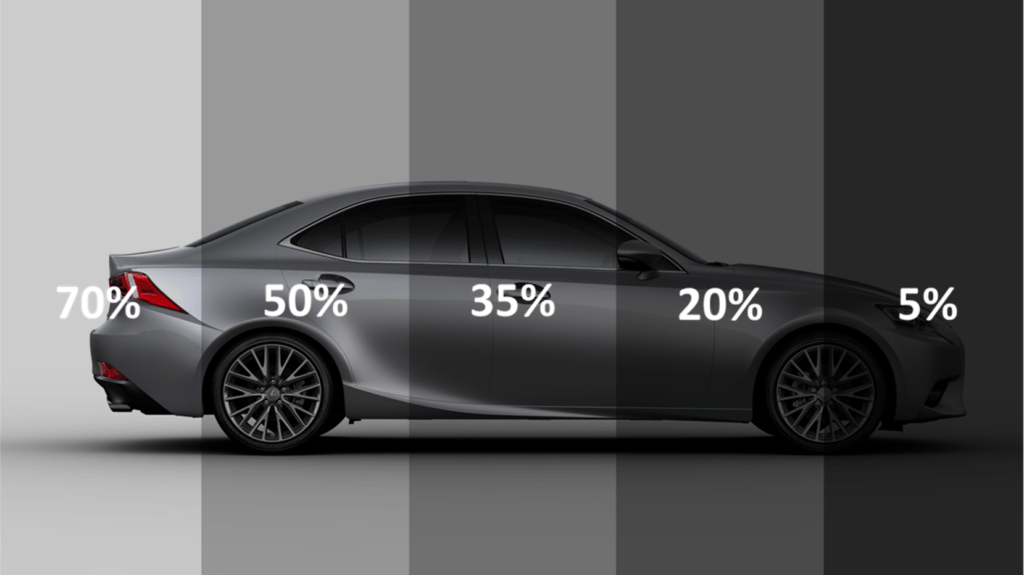Tinting Car Windows
It Feels Like Home!

Everything You Need to Know About Tinting Car Windows
Tinting car windows is a popular customization that offers a range of benefits, from enhancing privacy and security to improving the aesthetics of your vehicle. In this comprehensive guide, we’ll cover everything you need to know about tinting car windows, including the process, benefits, regulations, and maintenance tips.
Understanding Window Tinting:
- Explanation of window tinting: Window tinting involves applying a thin film to the interior surface of automotive windows to reduce the amount of visible light, UV rays, and heat that enters the vehicle.
- Types of window tint film: Discuss different types of tint film, such as dyed, metallic, ceramic, and hybrid, highlighting their unique properties and benefits.
Benefits of Tinting Car Windows:
- UV protection: Window tinting blocks harmful UV rays, protecting your skin and interior upholstery from sun damage.
- Heat reduction: Tinted windows help regulate interior temperature by reducing solar heat gain, enhancing comfort during hot weather.
- Glare reduction: Tinted windows minimize glare from sunlight and headlights, improving visibility and safety while driving.
- Privacy and security: Tinted windows provide added privacy for occupants and deter potential thieves by concealing valuables inside the vehicle.
Regulations and Legal Considerations:
- Overview of tinting laws: Explain the regulations regarding window tint darkness and reflectivity levels enforced by state and local authorities.
- Compliance with regulations: Emphasize the importance of complying with tinting laws to avoid fines, penalties, and legal issues.
The Tinting Process:
- Preparation: Discuss the steps involved in preparing the windows for tint installation, including cleaning and drying the glass surfaces.
- Application: Describe the tint application process, which typically involves cutting the film to size, wetting the glass, applying the film, and squeegeeing out excess moisture and air bubbles.
- Curing: Explain the curing or drying process, during which the adhesive bonds the tint film to the glass, ensuring a secure and long-lasting installation.
Maintenance and Care Tips:
- Cleaning instructions: Provide guidance on cleaning tinted windows using mild soap and water or specialized window tint cleaners to avoid damaging the film.
- Avoiding abrasive materials: Caution against using abrasive cleaners, harsh chemicals, or sharp objects that could scratch or puncture the tint film.
- Warranty considerations: Discuss warranty coverage for tinted windows and the importance of following manufacturer recommendations for maintenance and care.
Tinting car windows offers numerous benefits, including UV protection, heat reduction, privacy, and security. However, it’s essential to understand the tinting process, regulations, and maintenance requirements to ensure optimal results and compliance with legal requirements. By following the guidelines outlined in this article, you can make informed decisions about tinting your vehicle’s windows and enjoy the advantages of this popular automotive enhancement.
